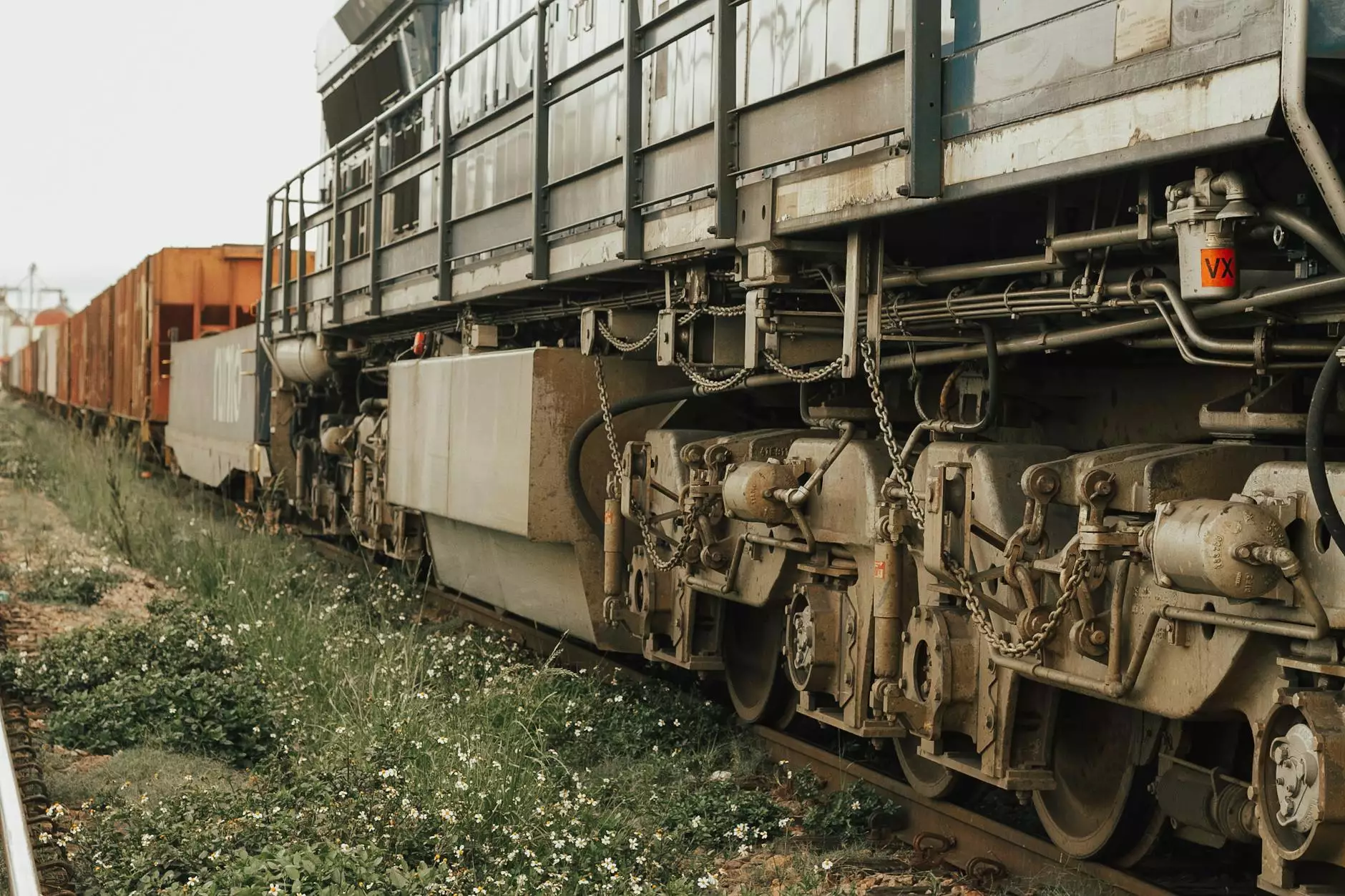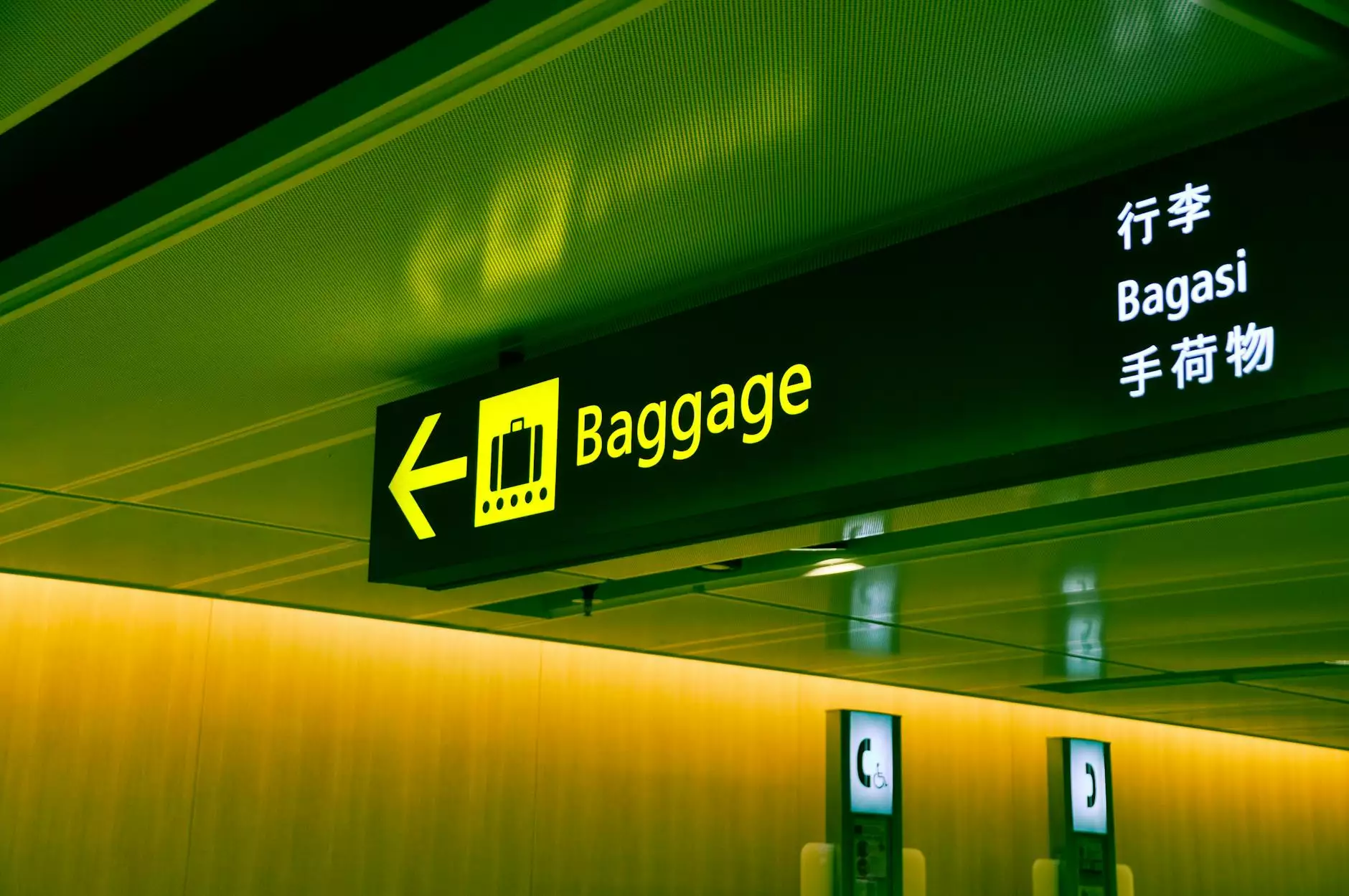Mastering Air Freight Tracking: A Comprehensive Guide

In today's fast-paced global commerce, air freight tracking has become an indispensable part of logistics and transportation. For businesses relying on air transport to deliver their goods, understanding the intricacies of freight tracking is vital. This guide aims to provide you with an in-depth look into the world of air freight tracking, its importance, and how to effectively utilize tracking systems to enhance your shipping experience.
The Importance of Air Freight Tracking
When shipping goods internationally or domestically via air, knowing where your shipment is at any point in time is essential. Here are several reasons why air freight tracking is crucial:
- Enhanced Visibility: Air freight tracking offers real-time updates on the location and status of shipments. This visibility helps businesses manage their supply chains more efficiently.
- Timely Deliveries: With accurate tracking information, businesses can proactively plan for any potential delays and communicate these to their customers, ensuring transparency.
- Improved Customer Satisfaction: Customers appreciate knowing exactly where their orders are. By providing them with tracking information, businesses can enhance the customer experience.
- Fraud Prevention: Tracking systems help mitigate the risks of lost or stolen shipments, allowing for quicker resolutions should issues arise.
- Data for Future Improvements: Analyzing tracking data can reveal patterns and trends that help businesses optimize their logistics strategies over time.
Understanding the Components of Air Freight Tracking
To fully leverage the benefits of air freight tracking, it's essential to understand its core components:
1. Air Waybill (AWB)
The Air Waybill is a key document in air freight. It serves as a contract between the shipper and the airline, detailing the specifics of the shipment. The AWB contains a unique tracking number that is essential for monitoring the shipment's journey.
2. Tracking Systems
Modern tracking systems utilize various technologies to provide precise tracking information. Common technologies include:
- Barcode Scanning: Each package is assigned a barcode that is scanned at various points during transit.
- GPS Tracking: Global Positioning System technology enables real-time location updates.
- RFID (Radio-Frequency Identification): RFID tags provide automated tracking and can be read from a distance, offering enhanced efficiency.
3. Software Platforms
Numerous logistics software solutions integrate air freight tracking capabilities. These platforms allow users to input their AWB numbers and receive updates in real-time, simplifying the management of multiple shipments.
How to Use Air Freight Tracking Effectively
To maximize the benefits of air freight tracking, here are some practical steps to follow:
1. Choose the Right Carrier
Not all carriers offer the same level of tracking capabilities. When selecting a carrier, ensure they provide robust tracking services that meet your business needs.
2. Monitor Shipments Regularly
Regular monitoring of your shipments ensures you stay informed about their status. Set up alerts or notifications through your shipping software to be notified of any changes.
3. Communicate with Stakeholders
Keep all relevant parties informed about the status of shipments. This includes your logistics team, sales staff, and customers. Transparency is key to maintaining trust and satisfaction.
4. Utilize Reporting Tools
Many tracking systems provide reporting features that can help analyze shipping data. Use these tools to identify trends, such as delayed shipments or errors, and make necessary adjustments to your processes.
Challenges in Air Freight Tracking and Solutions
While air freight tracking offers numerous advantages, several challenges can arise:
1. Technical Issues
Tracking systems may sometimes experience technical difficulties leading to inaccurate updates. To combat this, ensure your software is up-to-date and conduct regular audits of your tracking processes.
2. Data Overload
With extensive tracking data available, it can be overwhelming. Adopt a streamlined approach to data analysis by focusing on key performance indicators (KPIs) relevant to your business objectives.
3. Human Error
Mistakes in data entry or package labeling can lead to tracking errors. Implement comprehensive training for your logistics team to minimize these occurrences.
Essential Tools for Air Freight Tracking
There are several tools and resources available that can enhance your air freight tracking experience:
1. Cargo Booking Systems
Platforms like CargoBooking.aero offer integrated systems that provide seamless air freight tracking capabilities alongside booking and logistics management.
2. Mobile Applications
Many carriers offer mobile applications that allow you to track shipments on-the-go, ensuring you have access to real-time information at all times.
3. Notification Alerts
Utilize systems that offer email or SMS notifications for any status changes in your shipments. This proactive approach can save time and reduce stress.
The Future of Air Freight Tracking
The landscape of air freight tracking is ever-evolving. With advancements in technology, the future promises even more efficient tracking solutions. Some trends to watch include:
1. Increased Automation
Automation in tracking processes is likely to increase, allowing for faster updates and less reliance on manual interventions.
2. Enhanced AI and Machine Learning
AI and machine learning can analyze tracking data to predict potential delays and suggest alternative routes, streamlining the overall shipping process.
3. Blockchain Technology
Blockchain could revolutionize tracking by providing secure, immutable records of shipments throughout their journey, enhancing transparency and accountability.
Conclusion: The Impact of Air Freight Tracking on Your Business
In conclusion, air freight tracking is not just a luxury; it is a necessity for modern businesses engaged in logistics. By embracing new technologies and strategies to monitor your shipments, you can enhance your operational efficiencies, improve customer satisfaction, and ultimately drive greater success in your business.
At CargoBooking.aero, we are committed to providing comprehensive air freight solutions that include top-notch tracking capabilities. By leveraging the right tools, practices, and technologies, you can ensure that your shipments arrive on time and that you are always informed of their status. Start your journey towards smarter air freight tracking today!









